Nasty noughties: a cultural reckoning?
Has popular culture evolved since the 'cruelty' of the early 2000s?
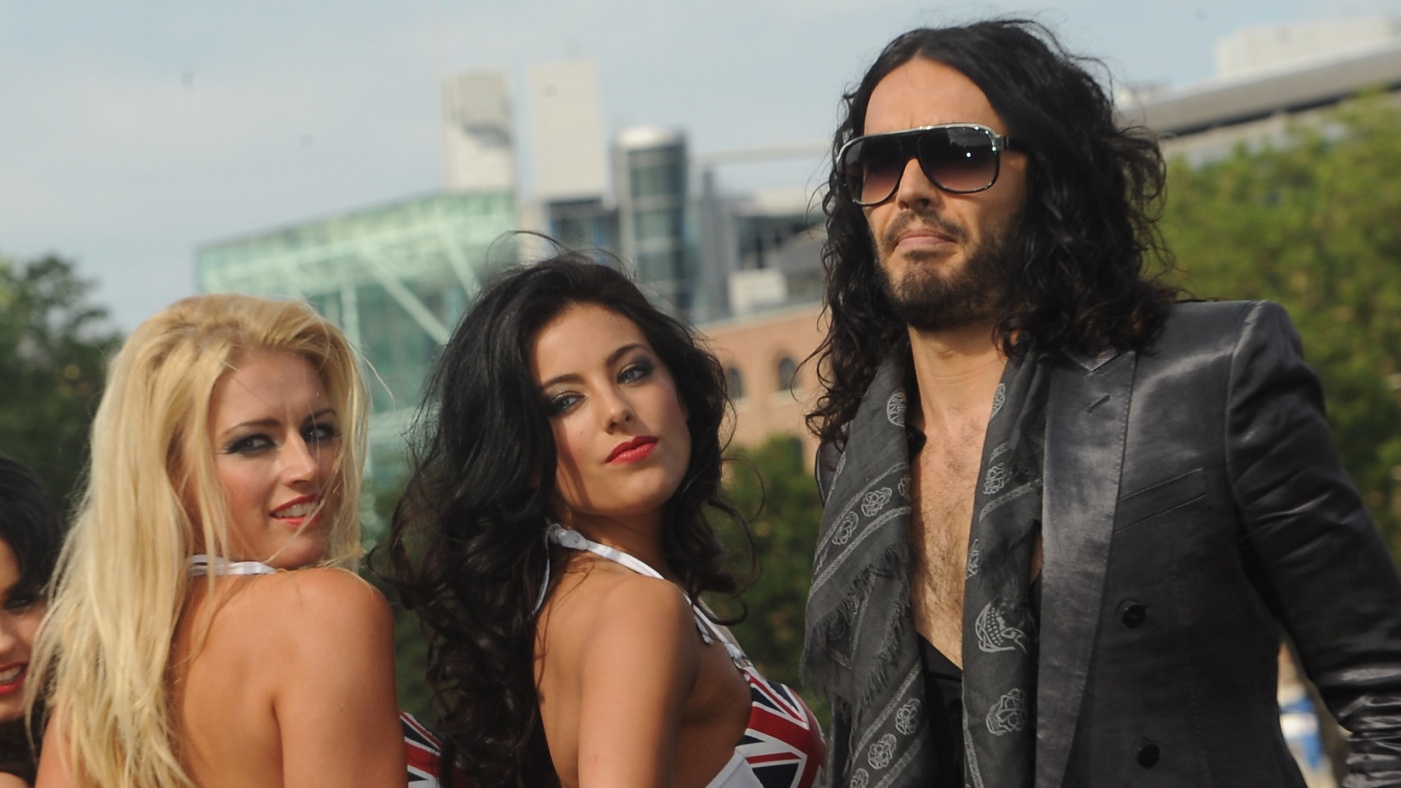
A free daily email with the biggest news stories of the day – and the best features from TheWeek.com
You are now subscribed
Your newsletter sign-up was successful
The allegations of sexual abuse and rape brought against Russell Brand, a major figure in Britain's early noughties popular culture, have prompted a re-examination of the excesses and attitudes of the decade.
A 'hard and nasty' era
The early noughties "aren't so long ago that it's possible to dismiss them as a different age" said the BBC's entertainment and arts reporter Ian Youngs, but looking back more than 20 years later, it is clear that there are parts of the decade "that British culture would rather forget".
In the early 2000s, Russell Brand, the comedian-turned-YouTube-conspiracy-theorist now accused of rape, sexual assault and emotional abuse by four women – which he denies – was at the "centre of a messy celebrity scene" that "now feels like the Cool Britannia party gone sour".
The Week
Escape your echo chamber. Get the facts behind the news, plus analysis from multiple perspectives.

Sign up for The Week's Free Newsletters
From our morning news briefing to a weekly Good News Newsletter, get the best of The Week delivered directly to your inbox.
From our morning news briefing to a weekly Good News Newsletter, get the best of The Week delivered directly to your inbox.
"Russell Brand was at the centre of a messy celebrity scene in the 2000s that now feels like the Cool Britannia party gone sour."
Ian Youngs, BBC News
Alongside the recent allegations against the comedian, which he has strenuously denied, disturbing clips of the comedian have also resurfaced thanks to Channel 4's "Dispatches" investigation into the star – including scenes where he boasts of his sexual fantasies about an "erotic" Radio 2 newsreader, and another where he exposes himself in a studio while urinating in a bottle in front of colleagues and guests. All now serve as "a sobering reminder of the seedier side of the pop and media culture in that decade", said Youngs.
Pop culture was "hard and nasty" in the noughties, said Sarah Ditum in UnHerd. This was a period of "viciousness and excess, where cruelty was the norm and misogyny was celebrated", when "invasion of privacy was de rigueur" and "sex tapes made headlines" with little consideration of whether "their subjects wanted them in public or not".
Indeed, the "no-holds-barred tabloid culture at that time took power away from many female celebrities: invasive tactics meant they had little means of bargaining with the media", continued Ditum, while the era's "premium on fame served other public figures well and someone like Brand was in a position to exercise exceptional control".
'False comfort to think times have changed'
In the second half of the decade, the dawn of social media and the invention of the iPhone brought with it not just a "huge technological leap forward, but also increased accountability", said James Hall in The Telegraph. "Cameras on smartphones meant people could get away with less while social media meant they were asked to explain themselves more." Then came Operation Yewtree, which launched investigations into historic sexual assault by celebrities such as Jimmy Savile, later followed by the wider MeToo movement.
A free daily email with the biggest news stories of the day – and the best features from TheWeek.com
"Behaviours that had just years earlier been tolerated or covered up were now called out," said Hall. Meanwhile, "organisations that provided the platforms that let Brand flourish – the production companies, the BBC and Channel 4 to name a few – have been forced to get their houses in order". Noughties pop culture that once seemed like a "glistening utopia" filled with "shimmering new possibilities and democratising formats", turned out to be little more than a "flea-ridden wild west".
"The illusion of progress has masked an accelerating descent into misogyny."
Zoe Williams, The Guardian
It is tempting to think that popular culture has evolved in the past 20 years, said Zoe Williams in The Guardian. Russell Brand's own book, "My Booky Wook", for example, is "full of images of misogynist violence that you would hope would never be printed in the mainstream now". But in popular culture today, figures such as Andrew Tate still have "extraordinary reach" and they have almost nothing to do with "traditional media" – on social media platform TikTok, Tate's videos have gained more than 11.4 billion views.
The prevalence of these kinds of videos has a "real-world effect", said Williams, leading to more extreme misogynist attitudes among younger people than older generations. "The illusion of progress has masked an accelerating descent into misogyny," said Williams. "If we look at the 00s and think times have changed for the better, we are just spinning ourselves the same false comfort."
Sorcha Bradley is a writer at The Week and a regular on “The Week Unwrapped” podcast. She worked at The Week magazine for a year and a half before taking up her current role with the digital team, where she mostly covers UK current affairs and politics. Before joining The Week, Sorcha worked at slow-news start-up Tortoise Media. She has also written for Sky News, The Sunday Times, the London Evening Standard and Grazia magazine, among other publications. She has a master’s in newspaper journalism from City, University of London, where she specialised in political journalism.
-
 House votes to end Trump’s Canada tariffs
House votes to end Trump’s Canada tariffsSpeed Read Six Republicans joined with Democrats to repeal the president’s tariffs
-
 Bondi, Democrats clash over Epstein in hearing
Bondi, Democrats clash over Epstein in hearingSpeed Read Attorney General Pam Bondi ignored survivors of convicted sex offender Jeffrey Epstein and demanded that Democrats apologize to Trump
-
 Are Big Tech firms the new tobacco companies?
Are Big Tech firms the new tobacco companies?Today’s Big Question Trial will determine if Meta, YouTube designed addictive products
-
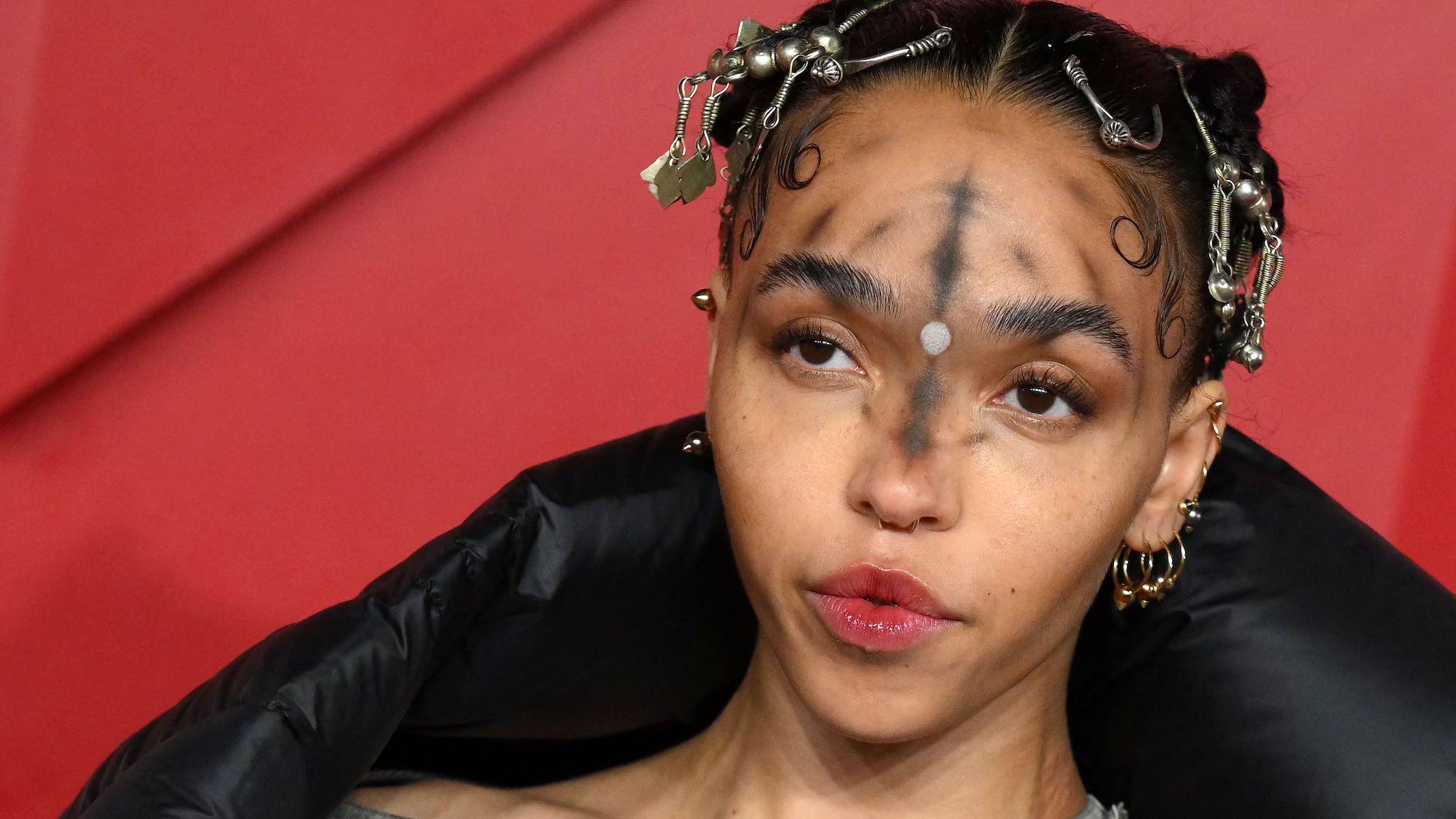 FKA Twigs and Jeremy Allen White – the tale of two Calvin Klein ads
FKA Twigs and Jeremy Allen White – the tale of two Calvin Klein adsTalking Point Her advert was banned by the advertising watchdog while his caused a 'breathless response' after going viral
-
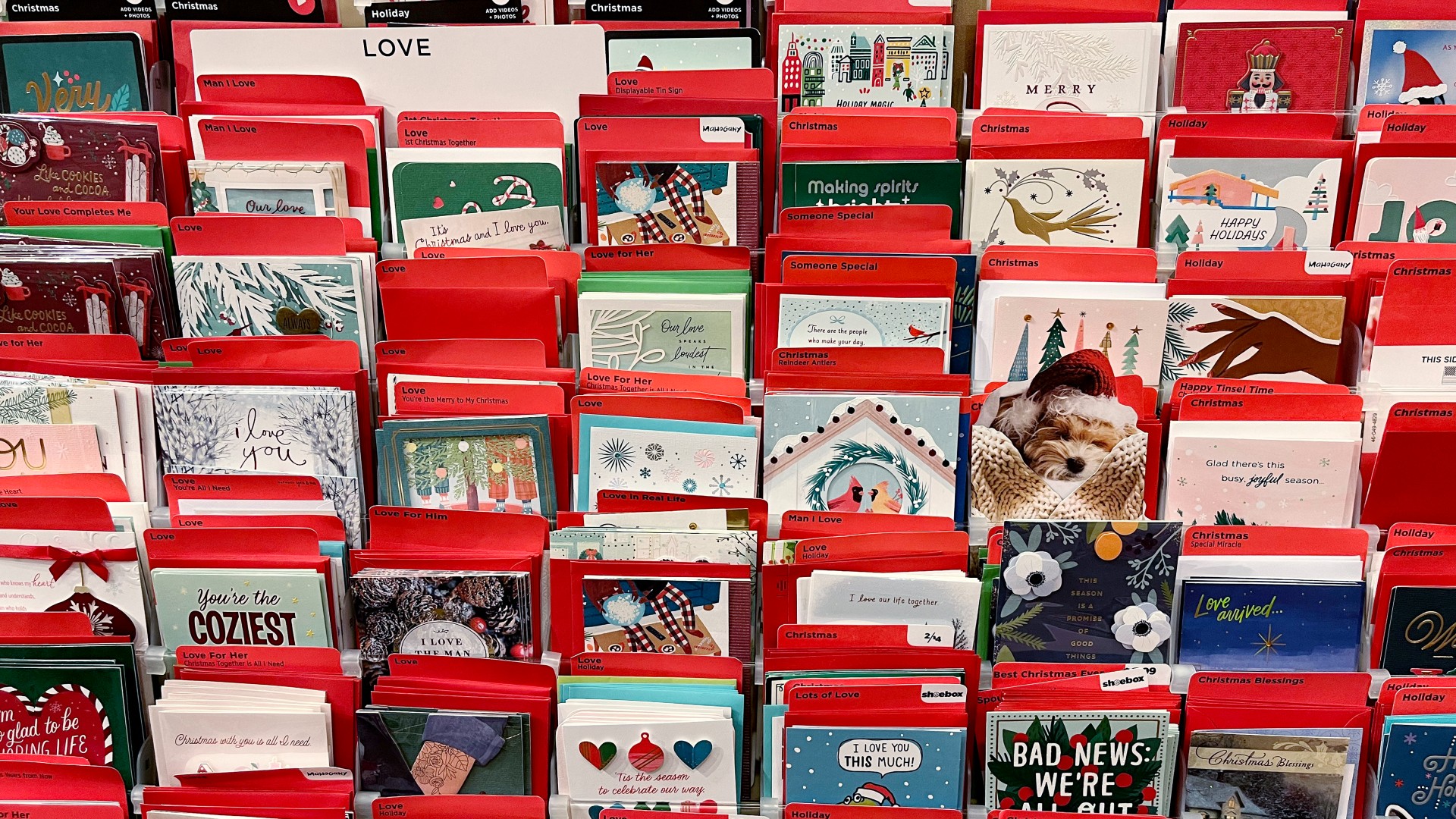 The Christmas round robin: return of the much-mocked missive?
The Christmas round robin: return of the much-mocked missive?Talking Point Young people looking to 'precious tradition' that 'predates social media and exceeds it'
-
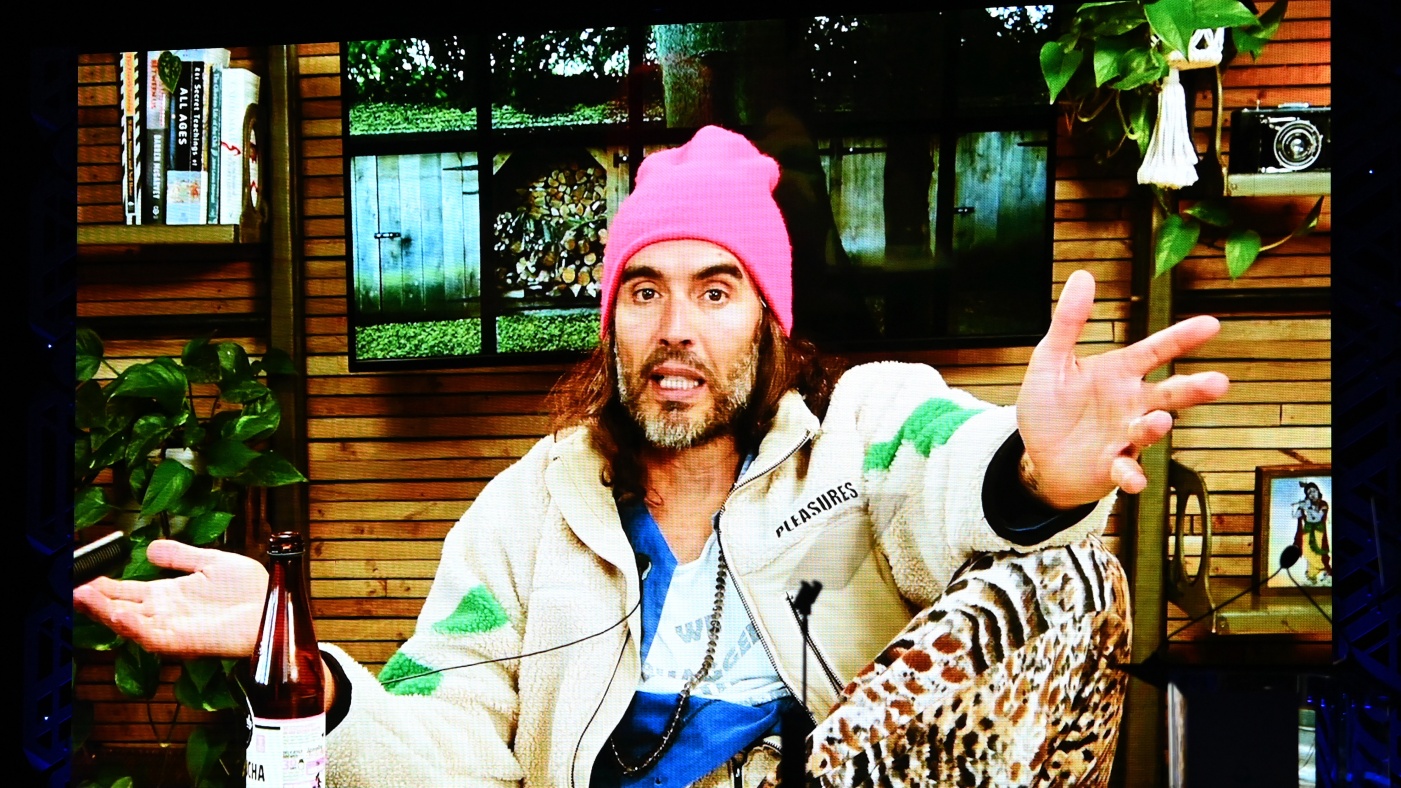 How Russell Brand built up his online following
How Russell Brand built up his online followingThe Explainer The former comedian has tens of millions of followers across his social media platforms
-
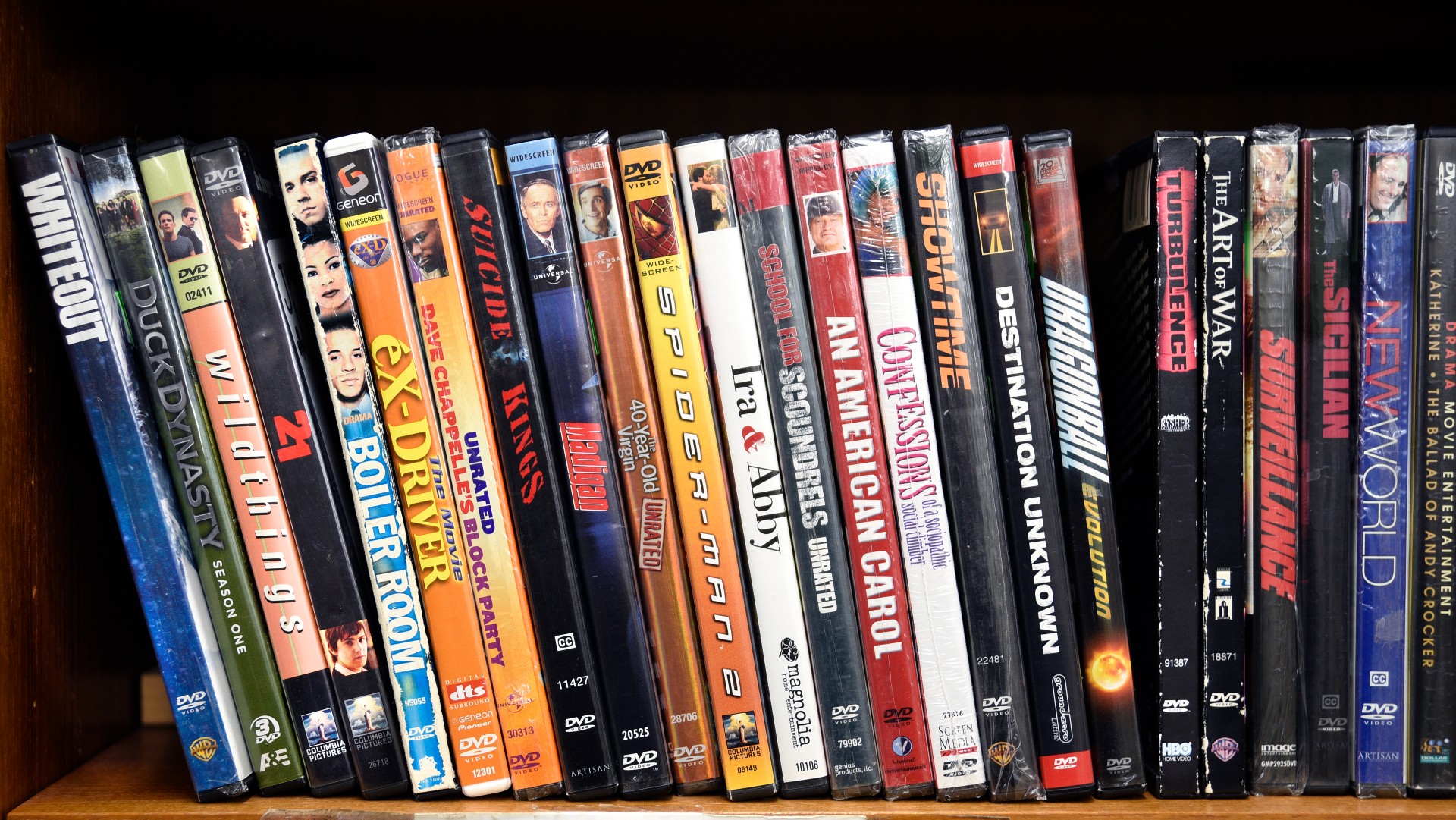 The death of DVDs and the decline of ownership in digital age
The death of DVDs and the decline of ownership in digital ageTalking Point Physical media sales are still in freefall even as a backlash against streaming grows
-
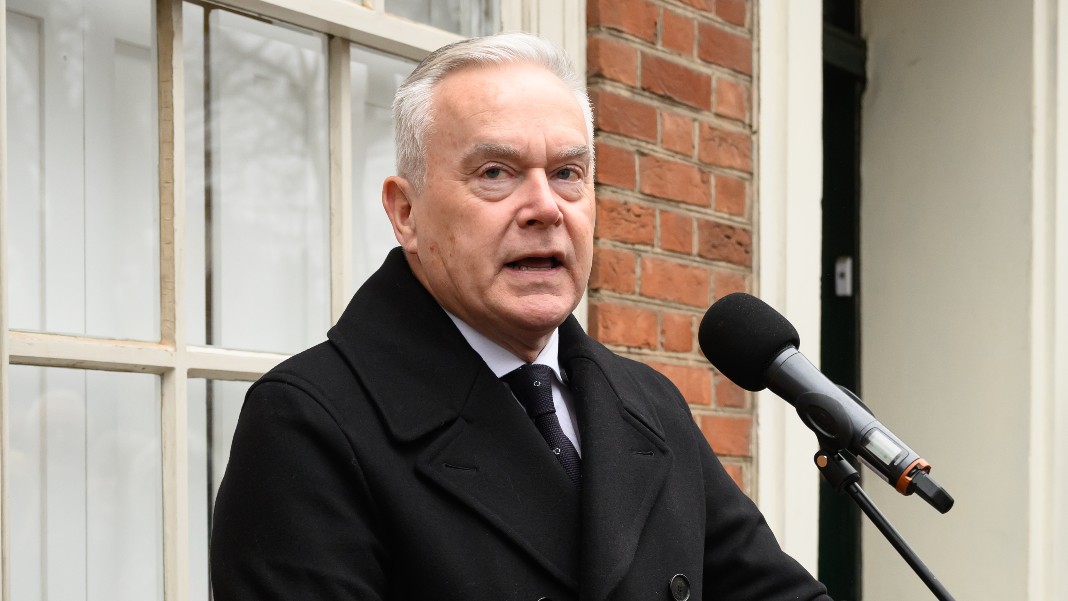 Huw Edwards and the question of ‘public interest’
Huw Edwards and the question of ‘public interest’Talking Point Privacy law ‘mess’ needs to be cleared up, not by judges, but by Parliament
-
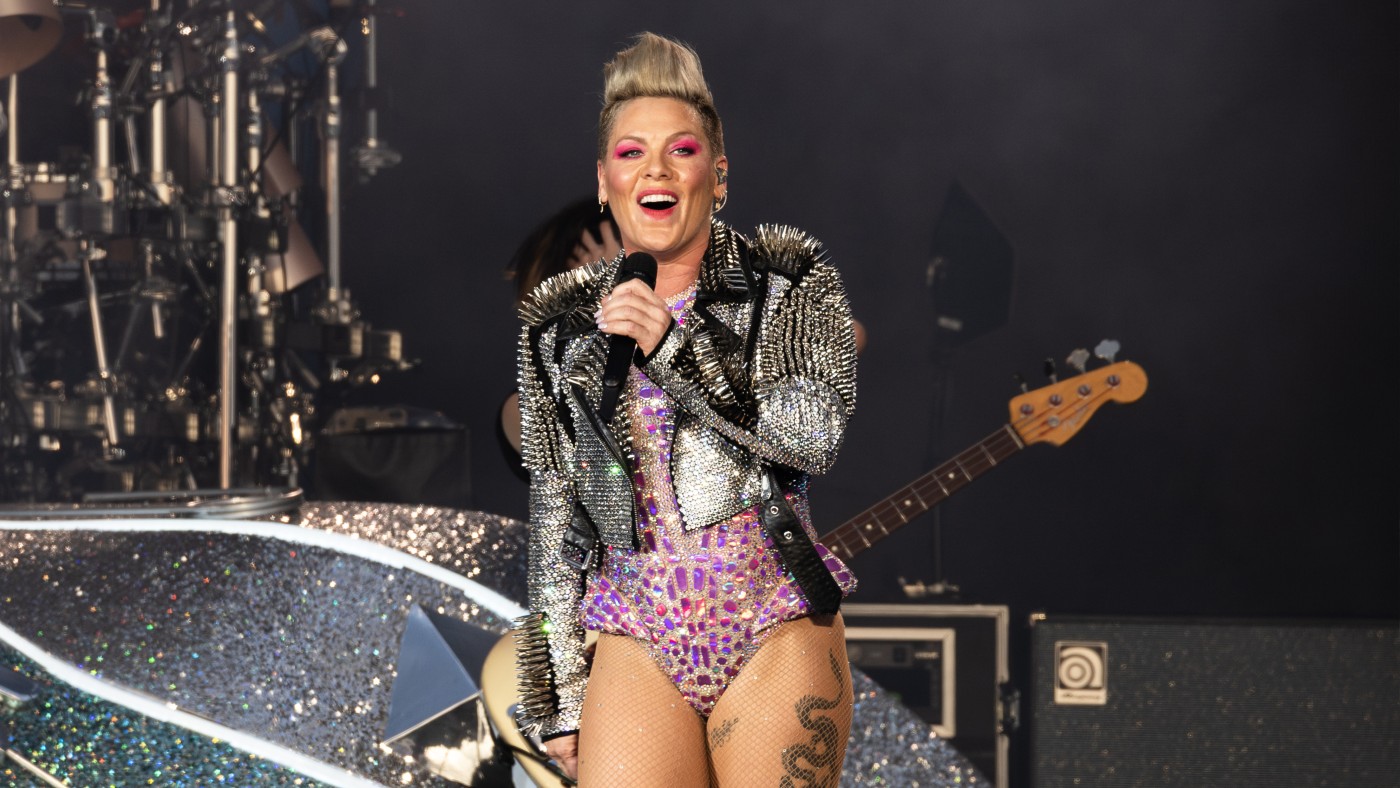 Concert etiquette: why are people behaving badly?
Concert etiquette: why are people behaving badly?Talking Point Experts believe incidents at live events are becoming worse in the era of social media
-
 Nick Cohen, Phillip Schofield and British media’s own #MeToo reckoning
Nick Cohen, Phillip Schofield and British media’s own #MeToo reckoningTalking Point Allegations surrounding former Observer columnist and ITV broadcaster have led to questions about the industry’s processes
-
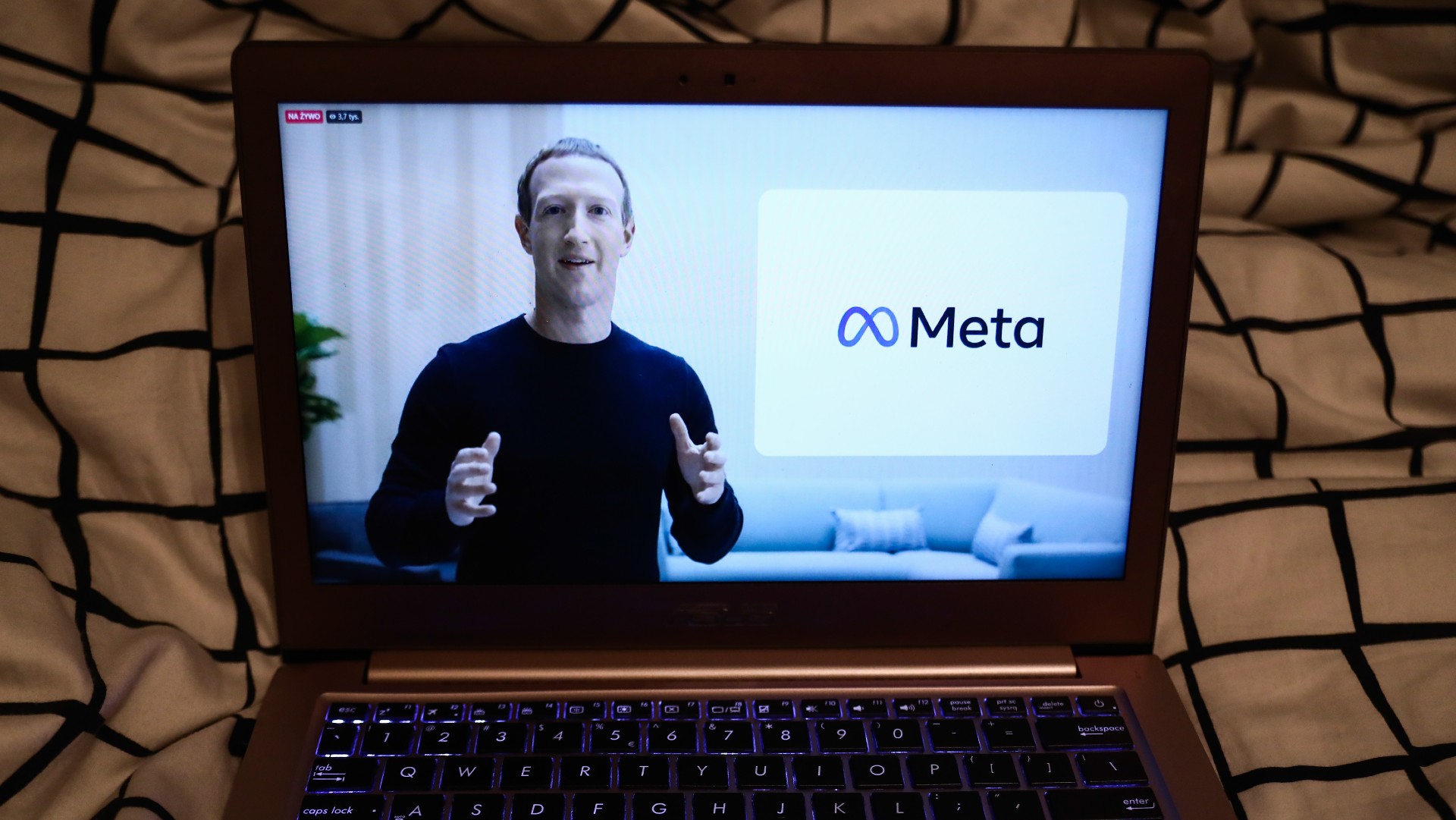 Should young teenagers be allowed in the metaverse?
Should young teenagers be allowed in the metaverse?Talking Point Children’s rights advocates urge Facebook parent company to block teens over safety concerns